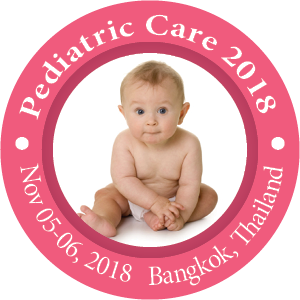Geetanjli Kalyan
National Institute of Nursing Education, India
Title: Quality Improvement and Innovations In Low Resource Settings
Biography
Biography: Geetanjli Kalyan
Abstract
Quality improvement and innovations are the key drivers to cross the quality chasm and improve health outcomes in any health care setup. World Health Organization recognized that major barriers to achieve health related goals in low resource setting related to quality. In low resource settings where access to care is limited and resources are scarce, quality improvement is daunting as providers are more focused to deliver the care. The documented key barrier to implement QI at
maternal and neonatal health in low resource settings include limited human resources, lack of resources, lack of dedicated research teams, limited data and evidence related sources, limited funding, organizational barriers such as lack of technical and managerial support and psychological barriers such as motivation and attitude. These barriers have been overcome by many low resource settings and quality has been improved for high risk populations such as maternal, neonatal and pediatrics by introducing and implementing many innovations along with best known evidence. Major primary outcomes studies
include neonatal and maternal mortality, length of admission, sepsis rates/infection rates, increased use of standard guidelines, improving safety and appropriateness and improving service efficiency and quality. There is a need to learn from such success stories. The resource limited settings can also utilize following approaches to overcome existing barriers. These approaches are to establish accountability, increase stakeholders’ participation, utilize evidence-based interventions, introduce innovations, use innovative evaluation. Additionally a group of experts have recommended to launch the QI interest group to facilitate dissemination of QI related information, use of publications and targeted communications, learn from QI success stories for
improving healthcare quality at national level, learn from existing QI programs and projects in developing countries, raise funding and build a coalition with potential partners to improve QI in such settings.

